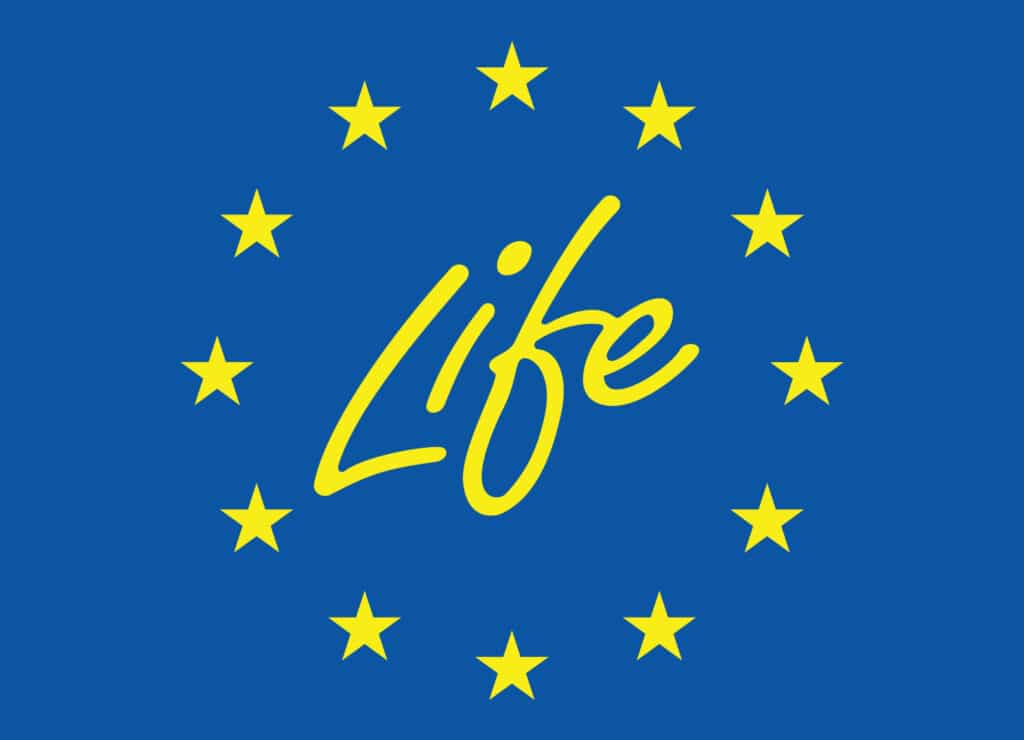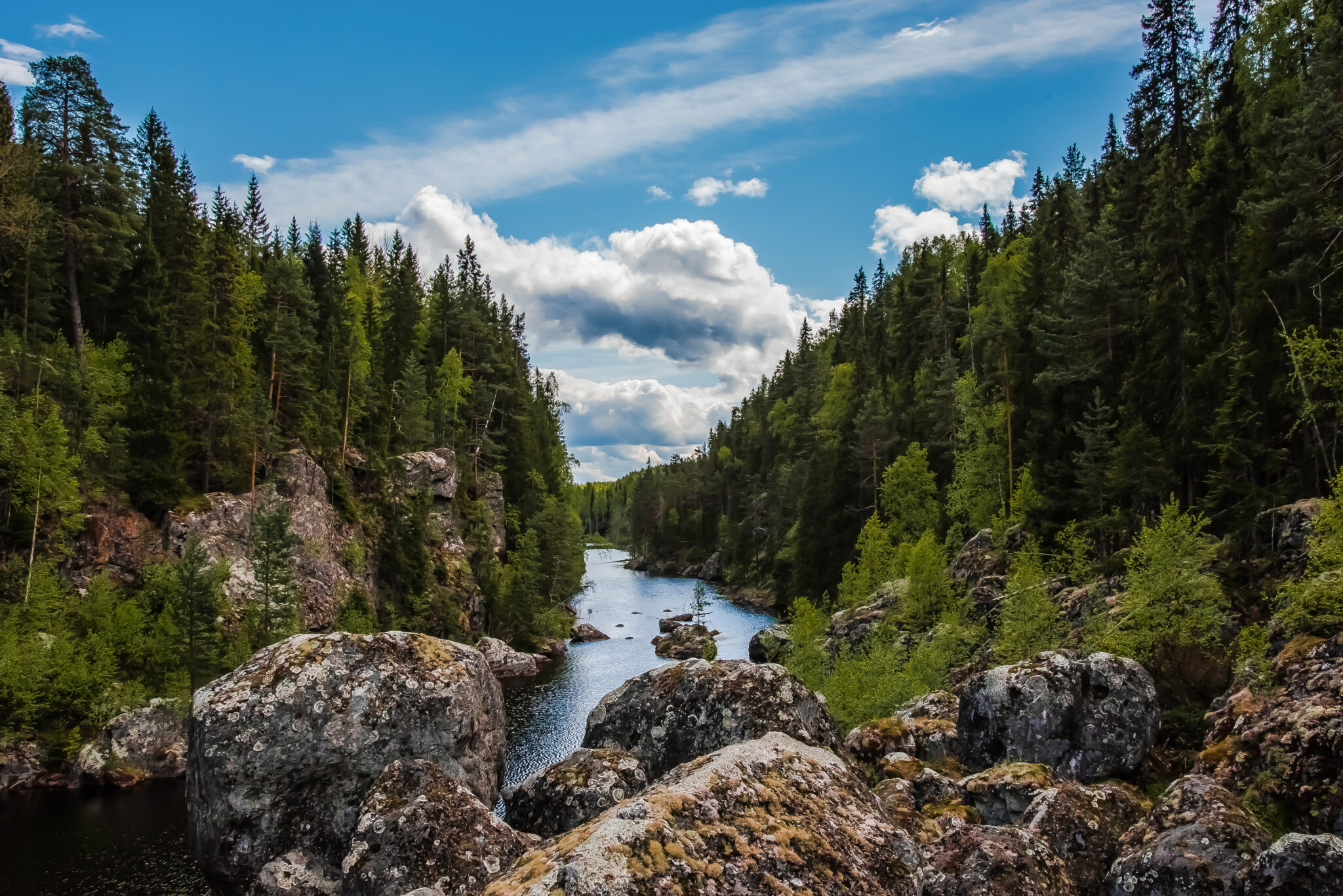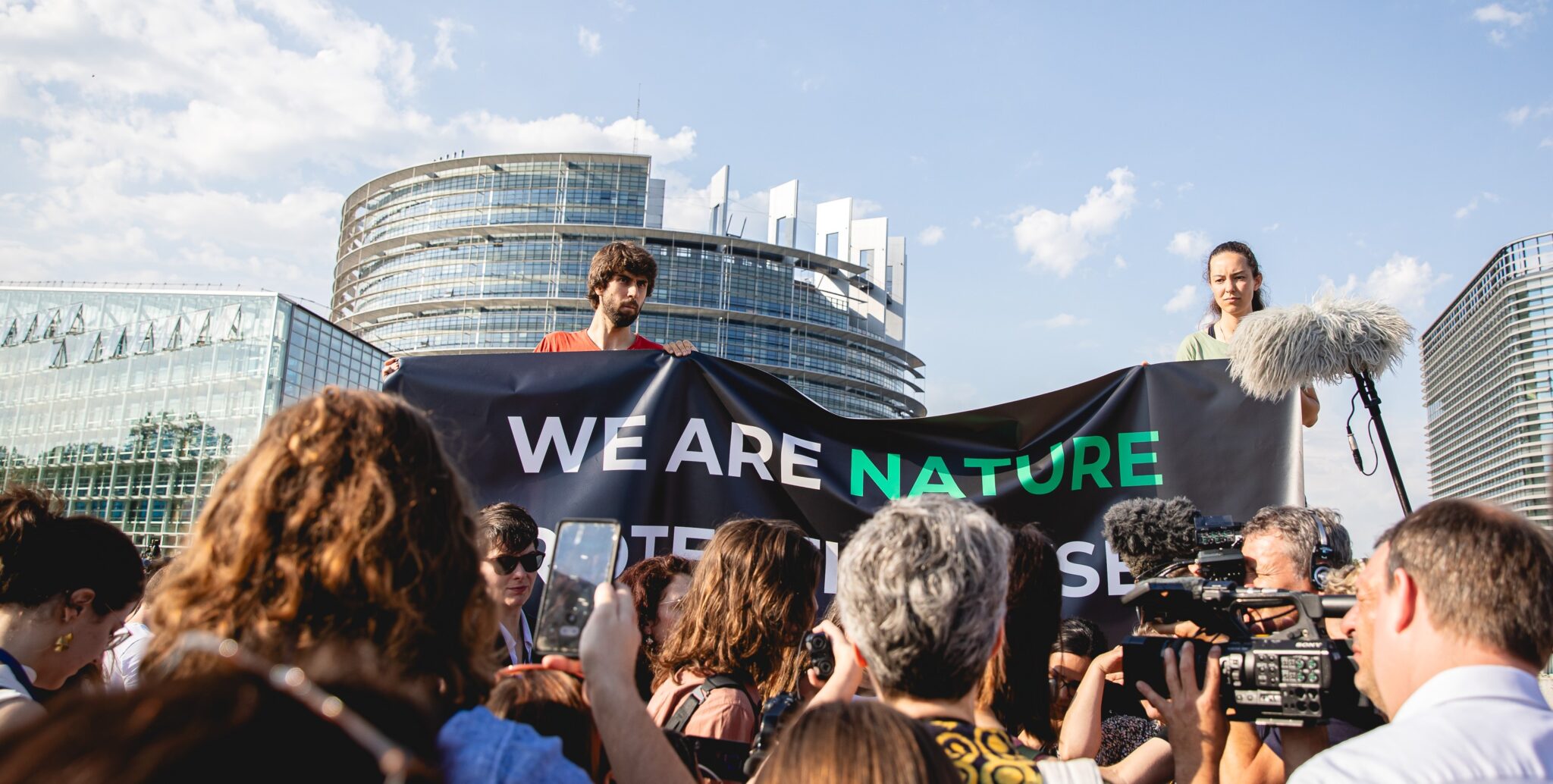Opinion: They fought the law but the law won

Last Tuesday, the European Parliament gave its final approval of the EU Nature restoration law during its monthly plenary session in Strasbourg and a collective sigh of relief passed through our office. This groundbreaking law still requires a final rubber stamping from the national governments in the European Council. It would mark a world-first: a comprehensive attempt to rebuild damaged ecosystems to bring back biodiversity and help combating the impacts of climate change.
From rewetting peatlands, greening our cities, and removing of obsolete dams to recreating wetlands and recovering old growth forests and flower rich grasslands, this law would set a new sector of the EU’s economy in motion. It would help save citizens from heat waves and floods, farmers from droughts and emerging pests, and foresters from fires and diebacks. In short, this law is a beacon of hope to make our society more resilient.
And yet, the farm lobby has done everything to kill the law. Having repeatedly failed to do so at every stage of the process, they launched a last-ditch attempt through the far-right parties, the Identity and Democracy (ID) and the European Conservatives and Reformists Group, by tabling a proposal to reject the law a week before the plenary session. An unusual move as this final vote is normally a mere formality to seal the deal on the trialogue agreement. Remarkably, the European People’s Party (EPP), that had already negotiated various amendments to weaken the law, issued a party line to side with the extremists and vote down the compromise. A compromise they had agreed on…
Fortunately, common sense and decency prevailed this time, with a substantial number of conservative MEPs choosing their conscience over the party orders. Aside from a badly needed ray of hope amid a runaway’s global ecological crisis, I find in this week’s events a number of positive messages.
The restoration agenda unites
There is not much that can bring together BirdLife and the hunting lobby, city mayors and the European Central Bank, large business groups and the youth movement, the renewable energy sector and life scientists. In an era marked by division and mistrust, alongside feelings of pessimism, fear, and a perception of European decline and vulnerability, nature restoration provides us with an opportunity to unite disparate segments of society around a grand, new initiative where we can set an example for the world.
The EPP is not yet the US Republican Party
A glance across the ocean presents a frightening example of the paralysis, violence, and social decay resulting from mainstream conservatives being held hostage by extreme right hooligans, to the extent of becoming irrelevant as a responsible governing force. There is a deliberate attempt to import this toxic venture to Europe.
But the courageous centre-right MEPs who sided with the Nature Restoration Law have sent a powerful message. In Europe, there is still a space for conservatives who listen to science, rather than conspiracy theories, play constructively in the democratic system, seek a common ground, and are there to solve real world problems rather than just whip up culture wars for short term electoral reasons.
Farmers and rural communities desperately need better representation
Farms and rural communities are at the forefront of the ecological crisis. They are the most exposed to the climate crisis as droughts and floods are getting worse across our continent. And they will pay the highest price. So, they have everything to gain from a mostly urban society getting serious about investing in nature restoration. But their voice has been monopolised by the most regressive lobby, that only says no and does not propose any solutions.
The farm lobby needs the culture war to hide its massive conflict of interest and betrayal of most farmers’ interests. To whip it up, they are ready to resort to lies, scaremongering and violence, and to undermine both democracy and the EU, a project that remains vital for the survival of most farmers.
The upcoming European Elections are a matter of survival, for Europe and the world
It is very clear that the possibility of a just transition is at stake. If the next European Parliament has a majority of science denialists and politicians committed to stop any form of progress, the consequences will be terrifying. Scientists keep warning us about the closing window of opportunity to deal with the climate and biodiversity crises. Either we govern the change to make it fair and manageable, or it will just happen to us. Violently, and with the most vulnerable paying the most. Citizens can choose in June whether to take control of their future or become victims.
Civil society mobilisation matters
As totalitarian regimes spread around the world, wealth gets concentrated in ever fewer hands, and technology enables unprecedented levels of disinformation and manipulation, it is easy to give up on democracy and just accept that society will be run by and for the most powerful economic interests.
The mass mobilisation for the restoration law shows that engaged citizens can fight back. And that if they do, the political system will put the common good ahead of even the most powerful vested interests. With the EU’s elections around the corner, this should inspire anyone who believes in a better society, regardless of their political affiliation. So, go vote and vote for those people who offer real solutions, and then make sure to hold them accountable throughout their term. In that way, there’s hope for a better society.
By Ariel Brunner, Regional Director of BirdLife Europe & Central Asia
Cover picture: Caroline Herman
You might as well be intersted in:
 | Stichting BirdLife Europe gratefully acknowledges financial support from the European Commission. All content and opinions expressed on these pages are solely those of Stichting BirdLife Europe. The European Commission is not responsible for any use that may be made of the information it contains. |









